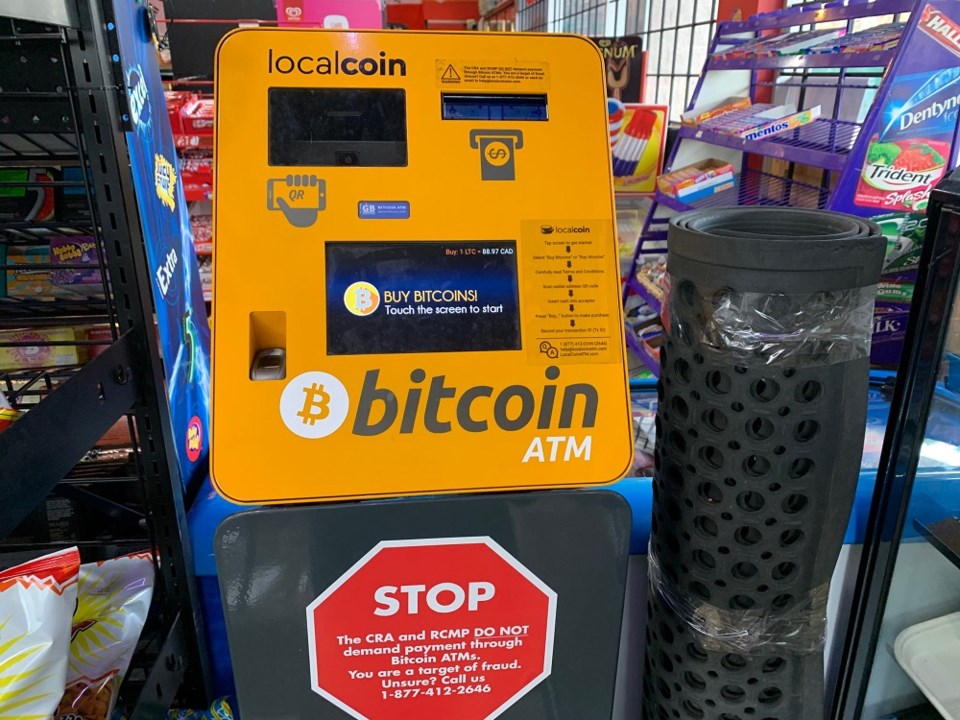A rise in telephone scams has prompted a warning from Coquitlam RCMP to be wary of any caller claiming to from a government agency asking for personal information.
Between August and October, according to the local Mounties, there were 14 cases of telephone fraud involving Bitcoin with total losses over $66,000, and they say they need help getting the message to vulnerable citizens.
"You might be surprised to learn that the most common victims are college-age, new Canadians and elderly people of all backgrounds," said Coquitlam RCMP Cpl. Michael McLaughlin in a press release. "As a community, we need to inform and protect our most vulnerable."
He added that the latest trend has scammers claiming they are from a government-type agency, like the Revenue Canada Agency, Service Canada, BC Hydro and the Department of Justice.
"We've even had criminals claiming to be local RCMP," McLaughlin added. "The best advice I can give is to get the basic details and then hang up. Take a few minutes to breathe, then talk to someone you trust before you do anything."
The RCMP outlined several tips residents may want to discuss with friends or family members that could be vulnerable to fraud.
First, a person cannot be arrested in Canada for late payment of any kind, according to police. Mounties noted that in some of the calls, fraudsters claim that a warrant has been issued by a magistrate, a title that does not exist in Canada.
Government agencies do not accept Bitcoin, Google Play, Steam, iTunes or any other gift card, and any money transfers would be handled through a major bank and come with a receipt.
The bottom line, McLaughlin said, is people should not send money in any form to people they do not know when they are under pressure.
"This message needs to reach outside of your usual circle," McLaughlin said. "Have a conversation with your elderly relatives, your friends and young adult new Canadians who might be vulnerable to these scams."
Deceptive or suspicious telemarketing activity can be reported to the Canadian Anti-Fraud Centre at 1-888-495-8501.



